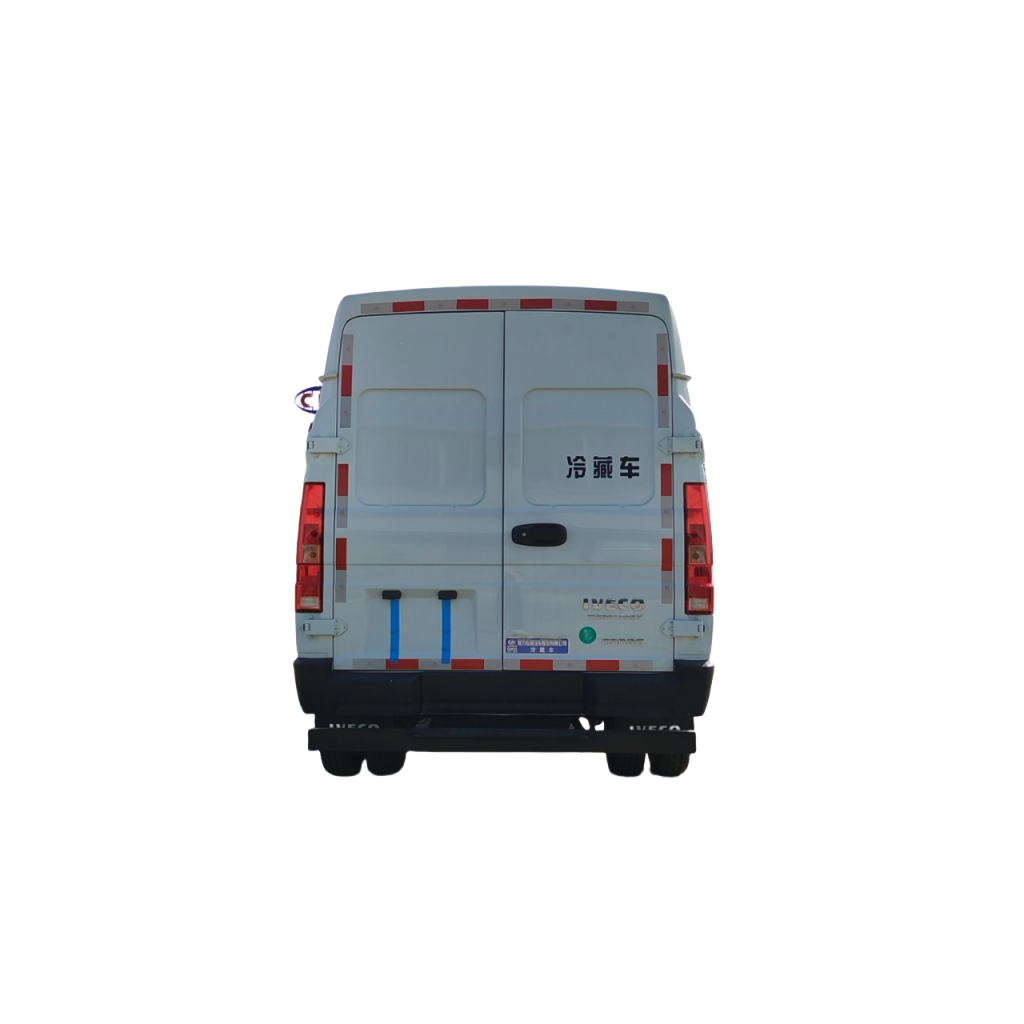Introduction
Boom trucks are essential vehicles in many industries, from construction and utilities to tree care and sign installation. These versatile vehicles combine the functionality of a crane with the mobility of a truck, making them invaluable assets on job sites. However, operating a boom truck comes with its own set of risks, which is why having the right insurance coverage is crucial. In this comprehensive guide, we will delve into the intricacies of boom truck insurance requirements, exploring the various types of coverage available, factors that influence insurance costs, and tips for ensuring adequate protection for your boom truck operations.
Understanding Boom Truck Insurance
Boom truck insurance is a specialized type of commercial vehicle insurance that provides coverage for the unique risks associated with operating a boom truck. This coverage goes beyond what is typically included in standard commercial auto insurance policies, as boom trucks are equipped with specialized equipment, such as hydraulic cranes or bucket lifts, that require specific insurance protections.
Types of Boom Truck Insurance Coverage
When it comes to insuring a boom truck, there are several types of coverage to consider, each serving a different purpose in protecting your vehicle, equipment, and operations. Some of the key types of boom truck insurance coverage include:
1. Commercial Auto Liability Insurance: This coverage is mandatory for all commercial vehicles, including boom trucks. It provides protection in the event that your boom truck is involved in an accident that causes bodily injury or property damage to others.
2. Physical Damage Coverage: This coverage protects your boom truck itself from damages caused by collisions, vandalism, theft, or other perils. It typically includes two components: collision coverage, which pays for damages resulting from collisions with other vehicles or objects, and comprehensive coverage, which covers damages from non-collision incidents.
3. Equipment Insurance: Given that boom trucks are equipped with specialized equipment, such as cranes or bucket lifts, it is crucial to have insurance coverage specifically tailored to protect this equipment. Equipment insurance can help cover the costs of repairing or replacing damaged or stolen equipment.
4. Cargo Insurance: If your boom truck is used to transport materials or equipment for clients, cargo insurance can provide coverage in case the cargo is damaged, lost, or stolen during transit.
5. Workers' Compensation Insurance: If you have employees operating or working near your boom truck, workers' compensation insurance is essential to protect your workers in case of work-related injuries or illnesses.

Factors Influencing Boom Truck Insurance Costs
Several factors can influence the cost of insuring a boom truck. Understanding these factors can help you anticipate insurance costs and take steps to mitigate them. Some of the key factors that can impact boom truck insurance costs include:
1. Type of Boom Truck: The type of boom truck you own, including its size, weight capacity, and equipment, can impact insurance costs. Larger and more powerful boom trucks may come with higher insurance premiums due to the increased risks associated with operating them.
2. Usage: How your boom truck is used can also affect insurance costs. For example, if your boom truck is primarily used for high-risk activities, such as lifting heavy loads or working in hazardous environments, your insurance premiums may be higher.
3. Driving Record: The driving records of the drivers operating your boom truck will influence insurance costs. Drivers with clean records and no history of accidents or traffic violations are typically seen as lower risks by insurance companies, resulting in lower premiums.
4. Location: The location where your boom truck is operated and stored can impact insurance costs. Special logistics truck payload management with higher rates of accidents or theft may lead to higher insurance premiums compared to rural areas with lower risks.
5. Coverage Limits: The amount of coverage you choose for each type of insurance can also affect insurance costs. Higher coverage limits typically result in higher premiums, but they provide greater protection in case of a claim.
Tips for Ensuring Adequate Boom Truck Insurance Coverage
To ensure that your boom truck operations are adequately protected, consider the following tips when purchasing insurance coverage:
1. Work with an Experienced Insurance Provider: Choose an insurance provider with experience in insuring boom trucks and other commercial vehicles. An experienced provider will understand the unique risks associated with boom truck operations and can tailor coverage to meet your specific needs.
2. Review and Update Coverage Regularly: As your business grows and evolves, your insurance needs may change. Regularly review your insurance coverage with your provider to ensure that it still provides adequate protection for your boom truck operations.
3. Consider Bundling Policies: Bundling multiple insurance policies, such as commercial auto insurance, equipment insurance, and workers' compensation insurance, with the same provider can often result in cost savings through multi-policy discounts.
4. Invest in Safety Training and Equipment: Implementing safety training programs for your boom truck operators and investing in safety equipment, such as backup cameras or proximity sensors, can help reduce the risk of accidents and insurance claims, potentially leading to lower premiums.
5. Shop Around for Quotes: Don't settle for the first insurance quote you receive. Shop around and compare quotes from multiple insurance providers to ensure you are getting the best coverage at a competitive price.
Conclusion
Boom truck insurance requirements are essential to protect your vehicle, equipment, and operations from the risks inherent in operating a boom truck. By understanding the types of coverage available, factors that influence insurance costs, and tips for ensuring adequate protection, you can make informed decisions when purchasing insurance for your boom truck. Working with an experienced insurance provider, reviewing and updating coverage regularly, and investing in safety measures can help you secure the right insurance coverage to safeguard your boom truck operations for the long term.
